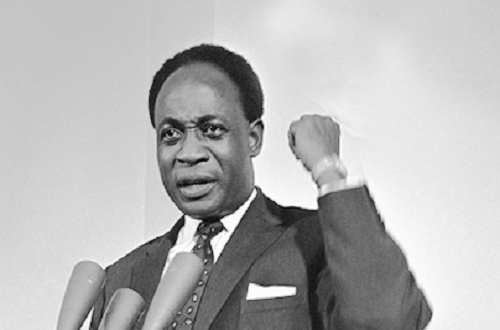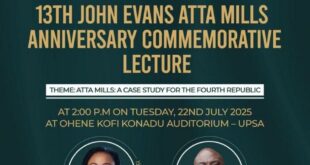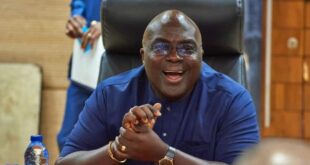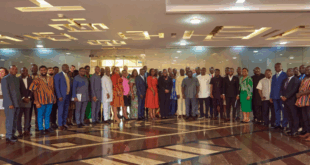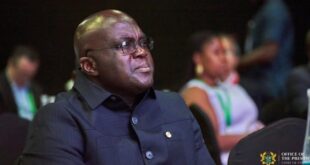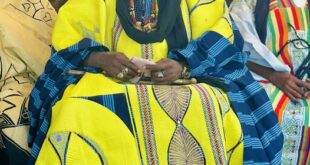Today in History, exactly 69 years ago, Dr. Kwame Nkrumah was released from Prison on February 12, 1951 after his party, the Convention People’s Party (CPP), won the 1951 elections.
The British assembled a selected commission of middle-class Africans, including all the Big Six except Nkrumah, to draft a new constitution that would give Ghana more self-government.
Dr. Kwame Nkrumah saw, even before the commission reported, that its recommendations would fall short of full dominion status, and began to organize a Positive Action campaign.
Nkrumah demanded a constituent assembly to write a constitution.
When the governor, Charles Arden-Clarke, would not commit to this, Nkrumah called for Positive Action, with the unions beginning a general strike to begin on 8 January 1950.
The strike quickly led to violence, and Nkrumah and other CPP leaders were arrested on 22 January, and the Evening News was banned.
Kwame Nkrumah was sentenced to a total of three years in prison, and he was imprisoned with common criminals in Accra’s Fort James.
He was released to lead the newly formed government a year later, February 12, 1951, after his party, the Convention People’s Party (CPP), won the 1951 elections.
As leader of the new government, Nkrumah prioritized unifying the four territories of the Gold Coast, as Ghana was previously known. He led the decolonization process until the country achieved independence in 1957.
A firm believer in African liberation, Dr. Kwame Nkrumah pursued a radical pan-African policy, playing a key role in the formation of the Organisation of African Unity(now African Union -AU) in 1963.
Watch the video below:
Kwame Nkrumah was sentenced to a total of three years in prison, and he was imprisoned with common criminals in Accra’s Fort James.
He was released to lead the newly formed government a year later, February 12, 1951, after his party, the Convention People’s Party (CPP), won the 1951 elections.
As leader of the new government, Nkrumah prioritized unifying the four territories of the Gold Coast, as Ghana was previously known. He led the decolonization process until the country achieved independence in 1957.
A firm believer in African liberation, Dr. Kwame Nkrumah pursued a radical pan-African policy, playing a key role in the formation of the Organisation of African Unity(now African Union -AU) in 1963.
Watch the video below:
Kwame Nkrumah was sentenced to a total of three years in prison, and he was imprisoned with common criminals in Accra’s Fort James.
He was released to lead the newly formed government a year later, February 12, 1951, after his party, the Convention People’s Party (CPP), won the 1951 elections.
As leader of the new government, Nkrumah prioritized unifying the four territories of the Gold Coast, as Ghana was previously known. He led the decolonization process until the country achieved independence in 1957.
A firm believer in African liberation, Dr. Kwame Nkrumah pursued a radical pan-African policy, playing a key role in the formation of the Organisation of African Unity(now African Union -AU) in 1963.
Watch the video below:
 Home Of Ghana News Ghana News, Entertainment And More
Home Of Ghana News Ghana News, Entertainment And More
